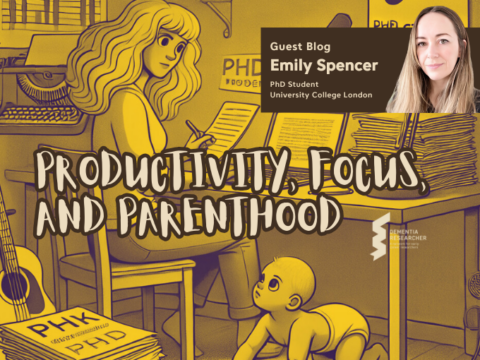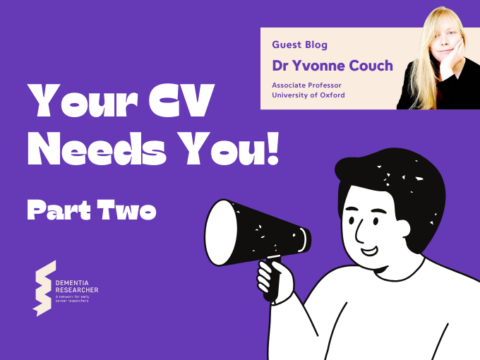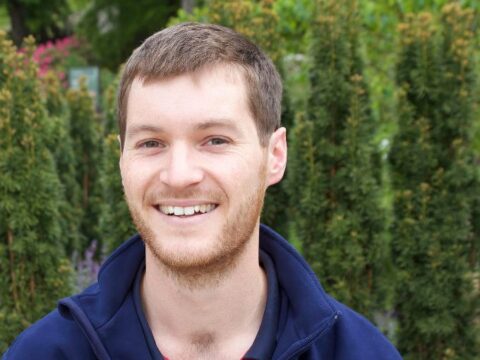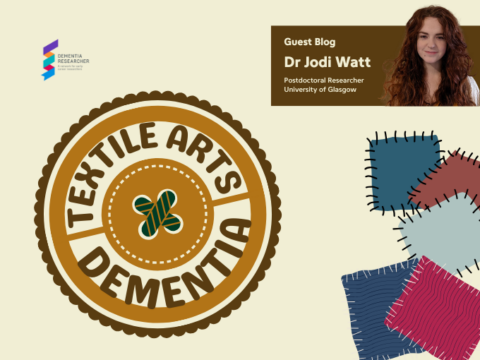Science is a collaborative endeavour. As papers amass more and more techniques to be ‘competitive’ and author lists become longer and longer, gone is the image of the solitary scientist standing behind a lab bench, pouring one test tube into another, having a eureka moment and writing up their manuscript. I am not saying this is a bad thing. On the contrary, collaboration makes for better science1. But a collaborative environment means interacting with all kinds of people and personalities, some of which will inevitably be more palatable than others. In this blog I want to discuss the complexities of lab dynamics i.e how to find a lab – from supervisor or principal investigator (PI) to lab members, that is a ‘good fit’ and what it means to be a good lab and science citizen.
Doing good science is challenging enough without having to navigate complex interpersonal dynamics, but remarkably, we – as scientists, are given little to no training on how to establish synergetic work relationships and build open and honest communication. Ironic really when you think of it, as these are key foundations on which to build rigorous science on and drive projects forward. And in the academic microcosm it often feels like toxic personalities are the norm, not the exception.
So how is an ECR expected to navigate what can often feel like treacherous waters and come out the other side? And more importantly not inflict the same toxic behaviours they themselves might have endured.
Each lab has a unique culture, and in my experience, lab culture and dynamics go hand in hand with how the PI themselves interact with the individuals in their lab. So, before joining a new lab, be prepared to assess and re-assess the PI and the lab environment. Don’t be dazzled by lab or institute prestige. Research topic is important, but lab dynamics is perhaps more so. An exciting topic in a toxic environment can make for a bleak experience and I have watched numerous colleagues leave science all together because of this. On top of speaking directly to the PI, my best advice is to speak to current and past lab members of the lab and be mindful if any red flags creep up. For example, have a lot of ECR left their contracts early? What is the work-life balance? Are you expected to be in every weekend and answer emails during your holidays? Do members of the lab feel valued? Does the PI have many collaborators? Who are they?
Consider under what type of management style you will thrive and be most happy in. And I can hand on heart say this will significantly change based on your career stage. As a PhD student I would have relished a more ‘hands on PI’ but as a more experienced postdoc I knew I wanted a PI that would give me the freedom to manage my own research and allow me to pursue additional research questions by applying for my own funding. This was at the forefront of my mind when I applied for my current role. Think carefully about what you need in this moment of your career. Also consider who else is a member of the research team. Is it a small or a large lab? What is the postdoc to PhD ratio? And who runs the day-to-day operations?
It is also important to recognise that not all personality and work styles are going to be compatible – and that is ok. Recognising this and learning to work with different types of people is an essential skill in a team-based environment – like research, and can give you insight into understanding your own work style and personality better. And reflect on how to become a better lab and science citizen.
Be kind. You don’t need to be close friends with any of your lab members, but it is crucial to develop working relationships that are built on respect and trust. Listen to your lab mates, ask them for their opinions and offer support.
Listen as well as speak. It’s easy to fade into the background of a lab that has strongly opinionated people. Meetings can be dominated by one or two voices. If you are the confident person that is always first to speak or speaks most, consider involving other lab members in the discussions or let others lead the discussion.
Address conflict. Disagreements and misunderstandings will eventually happen, even in the most cooperative lab. It is always best to address the issue head on and resolve any conflicts or hard feelings. Ignoring the problem will chip away at the team dynamic.
Choose your words. Be mindful of how you express yourself. Be it when resolving a conflict – avoid using boorish words, or when asking questions to a speaker after a talk. We have all been in the room when someone puts their hand up and says, ‘it’s more of a comment than a question’. Don’t be that person. Frame your comment in a simple and constructive manner. If you have major concern, take the speaker to one side afterwards, don’t address it in front of the whole audience. Science shouldn’t be about trying to catch people out.
And last but not least, surround yourself with mentors and work at maintaining those relationships, by meeting as regularly as you can. Again, the mentorship list will undoubtedly grow and evolve as you progress in your research career and learn what type of support you need. A network of diverse mentors can support you to achieve your long-term career goals, promote inclusion, retention and hopefully encourage and sustain a positive mentoring cycle.
Perhaps, if we were to reward mentoring as much as high impact publications, it could really be the key in chipping away academic toxicity.
References:
- Norris D, Dirnagl U, Zigmond MJ, Thompson-Peer K, Chow TT. Health tips for research groups. Nature. 2018 May;557(7705):302-304. doi: 10.1038/d41586-018-05146-5. PMID: 29769687.
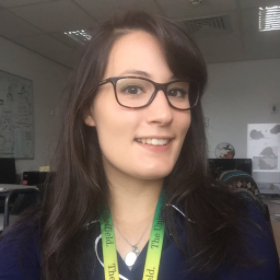
Dr Gaia Brezzo
Author
Dr Gaia Brezzo is a Research Fellow based within the UK Dementia Research Institute at The University of Edinburgh. Gaia’s research focuses on understanding how immune alterations triggered by stroke shape chronic maladaptive neuroimmune responses that lead to post-stroke cognitive decline and vascular dementia. Raised in Italy, Gaia came to the UK to complete her undergraduate degree, and thankfully, stuck around. Gaia writes about her work and career challenges, when not biking her way up and down hills in Edinburgh.

 Print This Post
Print This Post

